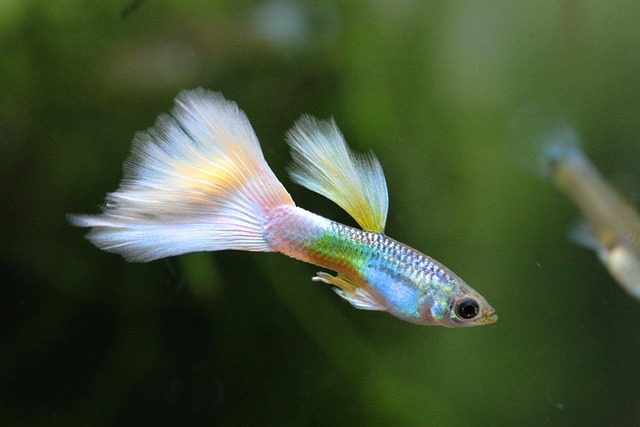Article Title:Penelope, or, myths unravelling: Writing, orality and abjection in 'Ulysses' (James Joyce)
Abstract:
History is the nightmare from which Stephen Dedalus wishes to wake, but history, linear temprality, cannot be interrupted within its own terms. In a context where groups finds themselves radically alienated from history-as happened in the aftermath of the world wars, to colonial peoples, to women-the space of myth presents itself as a place from which to question and redefine history. In the context of the literary subversion of history, it is important to remember that recourse to myth has the consequence of reinitiating the nightmare, if the mythic space is used as an evasion of difference and dissent. Homi Bhabha's contention that women and colonial peoples are currently producing new maps of 'nation-space,' while it does not foreground myth, suggests the possibility that even myths of national identity can be founded on difference. Bhabha's association of these two groups in this project provides a context for a reading of Ulysses' use of myth in terms of its enagagement with the inextricable issues of gender and national identity suggesting that Joyce revolutionizes myths of national culture at the inevitable expense of reinstating a myth of the feminine. Identification of Ulysses' textual strategies with Molly Bloom's infidelities begs an identification between Joyce and Penelope. Like Molly, Penelope is an artist, and like Joyce, she is an artist primarily concerned with undoing. Weaving and unweaving, making decision and desire wait upon an achievement she constantly undoes, Penelope is more than a figure for the novel's 'adulterations' of tradition. She provides a myth of writing which will supersede Dedalus to become central to Finnegans Wake. The 'Penelope' monologue is a triumph of oralization. The space of oralization becomes, in Kristeva's later work, the space of abjection, the gesture of revulsion against the outside of self that is the first step in the constitution of a sense of inside self and the threshold of language. A vortex of summons and repulsions, abjection is an unravelling which writing only approaches at great cost and danger of madness or worse (witness the anti-Semitism of Celine). In Finnegans Wake, 'that nightmare production,' Joyce moves beyond Molly towards a version of the feminine prefigured in the milk-woman who was not Mother Ireland. Anna Livia Plurabelle is another universal and particular myth of the feminine, but she is also 'full of sillymotocraft(p. 623).'
Keywords: Joyce; Ulysses; modernism; abjection; myth; Kristeva; feminine
DOI: 10.1080/095023600750040685
Source:TEXTUAL PRACTICE
Welcome to correct the error, please contact email: humanisticspider@gmail.com




